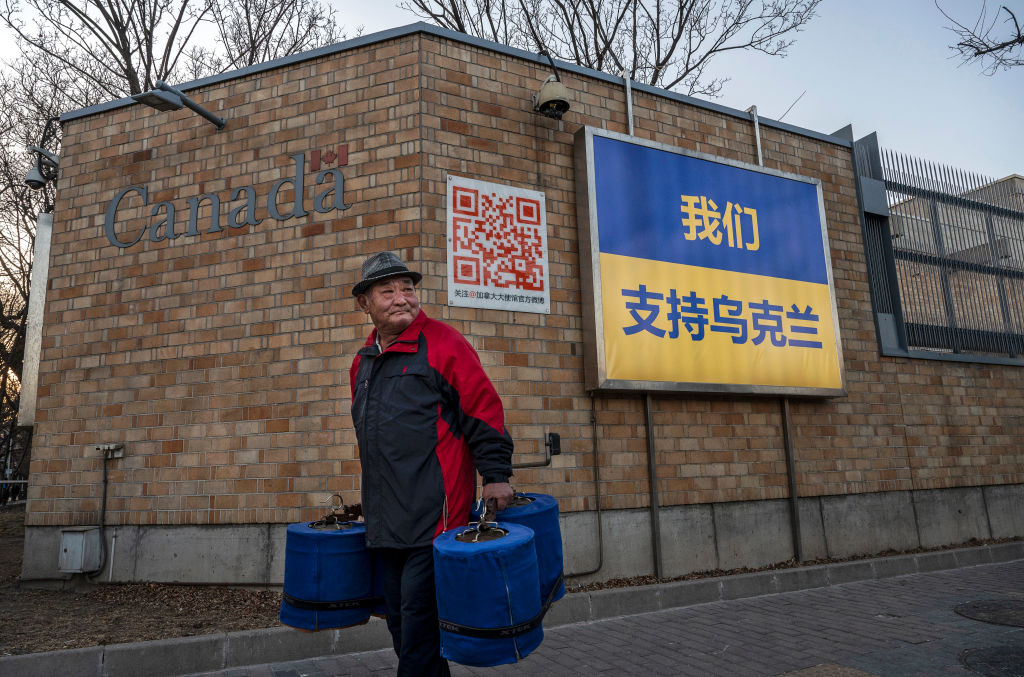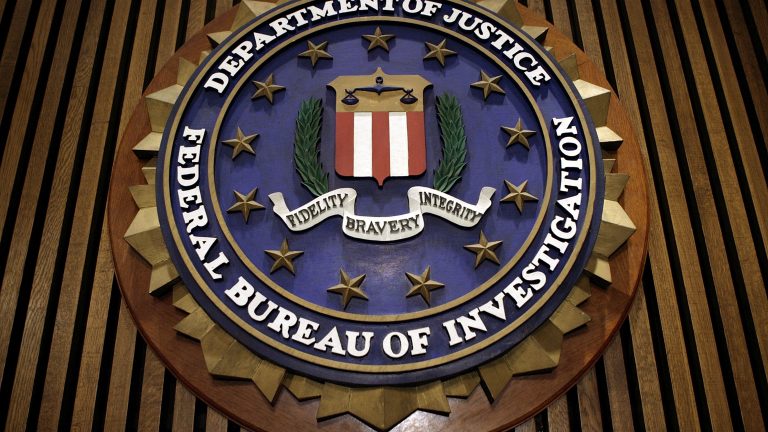“Artillery fire lights up the sky and breaks my heart. I hope my compatriots in Ukraine are taking care of themselves and their families,” said a user on Weibo, often called China’s Twitter, on February 27. The message was quickly blocked, according to Free Weibo, a service of Great Fire, which tracks Chinese censorship online.
Two days later, a very different message appeared on Weibo: “I support fighting! America and Taiwan have gone too far.” That, too, was blocked, according to Free Weibo.

In general, Chinese online platforms receive daily guidance from the government about what sort of content to remove, says Yuqi Na, a researcher in media and communications at the University of Westminster.
A hint of how that works emerged in the days leading up to the invasion. On February 22, a Chinese outlet called Horizon News briefly posted, probably by accident, what appear to be internal instructions for how to spin the Ukraine crisis on its official Weibo account. Among the supposed rules: “Do not post anything unfavorable to Russia or pro-Western.”
The instructions also said to monitor comments and only use hashtags started by state outlets Xinhua, CCTV, or People’s Daily, according to China Digital Times. That sort of direction to follow the lead of major state outlets is common, says Maria Repnikova, an assistant professor in global communication at Georgia State University and author of Chinese Soft Power.


 Loading comments...
Loading comments...
